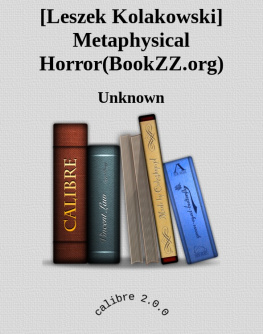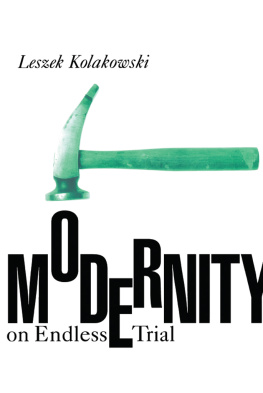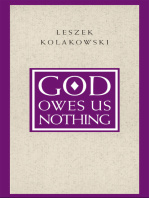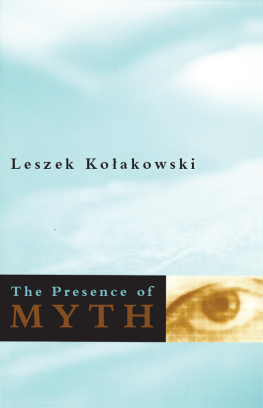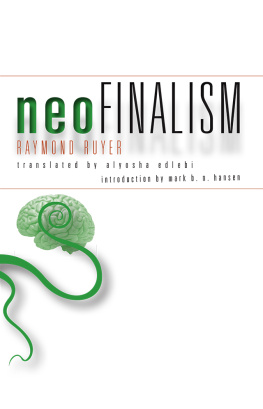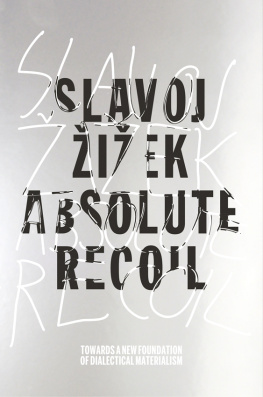Metaphysical
Horror
Leszek Kolakowski
Basil Blackwell
First published 1988
Basil Blackwell Ltd 108 Cowley Road, Oxford 0X4 1JF, UK
Basil Blackwell Inc.
432 Park Avenue South, Suite 1503 New York, NY 10016, USA
All rights reserved. Except for the quotation of short passages for thepurposes of criticism and review, no part of this publication may be reproduced, stored in a retrieval system, or transmitted, inany form or by any means, electronic, mechanical, photocopying, recording orotherwise, without the prior permission of the publisher .
Except in the United States of America, this book issold subject to the condition that it shall not, by way of trade or otherwise,be lent, re-sold, hired out, or otherwise circulated without the publishersprior consent in any form of binding or cover other than that in which it ispublished and without a similar condition including this condition beingimposed on the subsequent purchaser.
BritishLibrary Cataloguing in Publication Data
Kolakowski, Leszek Metaphysical horror,
. 1. Metaphysics
1. Title
110 B945.K7/
ISBN 0-631-15959-2
Libraryof Congress Cataloging in Publication Data
Kolakowski, Leszek.
Metaphysical horror / Leszek Kolakowski. p . cm.
Includes index.
ISBN 0-631-15959-2 . Metaphysics. 2.Philosophy. I. Title. B4691.K5863M47 1988 190dcl9
Typeset in 12 on 14pt Garamond by DMB (Typesetting), Abingdon, Oxon .
Printed in Great Britain by Billing and Sons Ltd, Worcester
Contents
OnPhilosophers 1 On Philosophy 1 On Philosophys Self-martyrdom 2 ItsSelf-derision 7 Its Self-yearning. Jaspers (1) Its Survival 11 On What Is Real 11 Cartesian Dreams.
Recyclingthe Cogito (1) 21 Alibi. The Curse of Time 27 The Absolute (1) 29 The Absolute (2) 33 Divine Persons and Unpersons.
Is GodGood? Cruor Dei 36 Damascius and Two Kinds of Nothingness 43 DivineNothingness in Christianity 49 On All PossibleLanguages (1) 51 Recycling the Cogito (2) 56 On Husserl 59 OnMerleau-Ponty 61
Ego as aQuasi-absolute 66 On De-Cartesianization 69 On Spinoza 7 3 On Jaspers (2) 7 5 Leibniz and All Possible Worlds 77 On Creation, Divine and Human 82Alter-ego 96 On All Possible Languages (2) 98 Reading the World -113
Index ofNames -121
Metaphysical Horror
ON PHILOSOPHERS
A modernphilosopher who has never experienced the feeling of being a charlatan is sucha shallow mind that his work is probably not worth reading.
For centuries philosophy asserted its legitimacy by asking andanswering questions it had inherited from the Socratic and pre-Socratic legacy,that is, how to distinguish the real from the unreal, the true from the false,the good from the evil. There is one man with whom all European philosophersidentify themselves, even if they dismiss his ideas altogether. This isSocrates - a philosopher who is unable to identify himself with this archetypalfigure does not belong to this civilization.
ON PHILOSOPHY
At acertain moment, however, philosophers had to face, and to cope with, a simple,painfully undeniable fact: among questions that have sustained the life ofEuropean philosophy for two and a half millennia not asingle one has ever been solved to our general satisfaction; all of them remaineither controversial or invalidated by philosophers decree. Tobe a nominalist or anti-nominalist is culturally and intellectually as possibletoday as it was in the twelfth century; to believe or not to believe that onemay tell phenomena from the essence is as admissible as it used to be inancient Greece; and so is to think that the distinction between good and evilis a contingent convention or that it is embedded in the order of things. You may still be a respectable person whether you believe or refuse to believein God; no standards in our civilization prevent you from thinking thatlanguage reflects reality or that it creates it; and you arenot barred from good society if you accept or dismiss the semanticconcept of truth. Whatever matters in philosophy - and this means: whatever makesphilosophy matter at all in life - is subject to the same options that havepersisted since the unidentifiable moment when independent thought,disregarding the mythological legacy as a source of authority, arose in ourcivilization. The vocabulary and the forms of expression have changed, to besure, and many mutations have occurred - thanks to the number of great mindswho appear occasionally in every century - yet the kernel which keepsphilosophy alive is unchanged.
ON PHILOSOPHYS SELF-MARTYRDOM
Variousstrategies have been devised to deal with thisapparently self-defeating status of philosophy. The least reliable but the mostsuccessful, at least in terms of a philosophers self-confidence, consists indenying that the situation just described obtains at all. Some questions aredeclared meaningless and thus non-questions; the meaningful ones are soluble,not unlike scientific problems, and many have actually been solved - if somepeople are not ready to accept the solution, they only thereby display theirintellectual ineptitude. Die-hard analytical philosophers and old-stylephenomenologists who openly philosophize within the framework of this strategyare now, however numerous, endangered species.
Thesecond strategy embraces a variety of relativistic ways out. The meaning ofphilosophical questions, like all others, is defined either by the rules of alinguistic game or by a historical setting, a specific civilization withinwhich they were uttered, or else by the considerations of usefulness. There areno obligatory standards of rationality and therefore there is no such thing asvalidity tout court. A philosophical truth, a solution of the problemmay indeed be valid but, if so, it invalid in relation to a game, a culture ora collective or individual goal. We simply cannot go any further, we have no tools to force the door leading us beyond language, beyond a set ofcontingent cultural norms or beyond practical imperatives which mould ourthinking process.
Thereare two basic interpretations of this relativistic approach:latitudinarian-anarchist and restrictive. In the former, anything goes that isadmissible or good (linguistically, culturally, practically); the differencebetween, say, believing and not believing in the Devil is similar to thedifference between a vegetarian and a meat-eater or between monogamous andpolygamous social orders. Some cultures, or some games, may forbid or imposebelief in the Devil, some prescribe dietary norms, some do not. If the language of the culture I am an inhabitant of allows for bothvegetarian and non-vegetarian diets, I am right in either choice on theassumption that it serves me well, and the same applies to belief or disbeliefin the Devil. If a society imposes monogamy on its members, and survives,monogamy is right and thus true: at any rate scientific, philosophical and religious beliefs enjoy no other kind of truth.Rules come first, reality hinges on them. God does not exist in Albania, but hevery much does in Persia; Heisenbergs principle is valid now but was not inancient Athens.
Thetrouble with this generous interpretation of relativism is that although itmight satisfy some philosophers, it appears poorly designed when confrontedwith the inveterate (albeit regrettable, in their view) mental customs of mankind, including scientists. Conforming with thesecustoms, when I say the Devil tempted me, I mean that the Devil tempted me. A linguistic, historical or utilitarian relativism allows for a setof rules within which it is permissible to say the Devil tempted me, but whensaying so I am supposed to mean precisely that: it is permissible according tothe rules I live by to say the Devil tempted me (or to say the sum ofthree angles of any triangle is equal to two right angles). In otherwords, I have to obey a rule ordering me to keep in mind that whatever I amsaying I am not saying that something is the case but that - nothing being thecase - the rules give me the right to say so: this amounts to stating that we all ought to speak only in a kind of metalanguage. Thusphrased, this prescription might sound wierd, but I do not see How a generous relativism could avoid it without beingsuspected of falling into the rationalist prejudices of old, Assuming, for thesake of argument, that the prescription can be both uttered and appliedconsistently, it is obviously at odds with the dominant rules of speaking. Thequestion is: why should the prevailing rules be abrogated in favour of the relativistic ones? If the rule about therelativity of rules is not supposed to be relative itself, it is bound to be anarbitrary decree, and if it is as relative as the rules to which it applies, ithas no more force than the opposite one and the statement nothing is the caseis in no better positionthanitis not true that nothing is the case. And it should be observed that both statements nothing isthe case and it is not true that nothing is the case are not uttered in ametalanguage.
Next page
